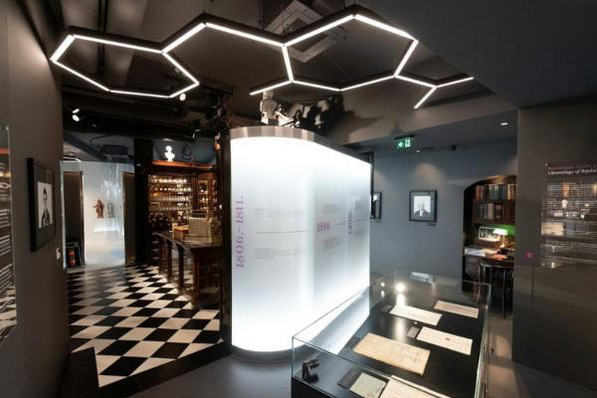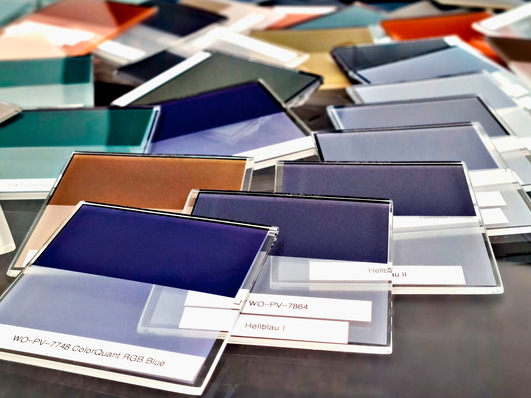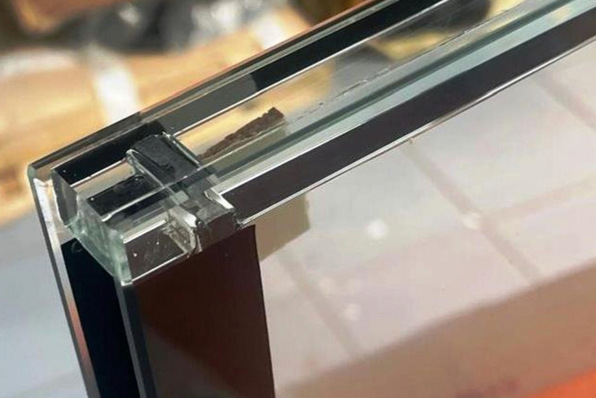The Glas Trösch Group's ‘Green for Generations’ sustainability initiative focuses on optimising the CO2 footprint to improve the values for the entire range and not just individual product lines.
‘It is important to us to achieve low CO2 values not just for individual product lines, but for the entire range,’ says Dr Fabian Zwick, CEO of the Glas Trösch Group, adding: ‘We are making climate-friendly float glass the standard.’ The advantages: The climate-friendly float glass is also available in large quantities and is offered without a price premium. Last but not least, it also benefits logistics, as there is no need for separate storage areas.
CO2 emissions well below the industry average
According to the recently compiled Environmental Product Declaration (EPD), the average CO2 emissions for all float glass produced by Euroglas are almost 20 per cent lower than the value from the model industry EPD. The low value is achieved without compromising on quality, properties and design.
What CO2 values does Eurofloat achieve?

Glas Trösch
According to the latest calculations, the flat glass produced by Euroglas performs significantly better than the industry average.
See also: High-tech glass for one of the largest wooden buildings in the world
A current EPD confirms that the CO2 equivalent of the standard Eurofloat float glass with a thickness of 4 mm is only 9.83 kg compared to the CO2eq/m2 from the sample industry EPD from the German Federal Association. The value is therefore almost 20 per cent (19.7 %) lower than flat glass with 12.24 kg CO2eq/m2 (declaration number: M-EPD-FEG-001000).
The low CO2 equivalent was made possible by manufacturing processes that have been optimised over many years, in which all available glass cullet is used in full for the standard float glass.
In addition, Euroglas is increasingly utilising renewable energy sources and modern energy recovery processes. Thanks to the expertise of the production team, the efficiency of the specially developed melting furnaces has also been further improved.
Also interesting: A new float glass plant for Belgium for Glas Trösch
The CO2-reduced float glass produced by Euroglas is used in all further processed glass products of the Glas Trösch Group. The glass companies of the Sanco Group also benefit from the CO2-reduced glass from the licensor Glas Trösch.














